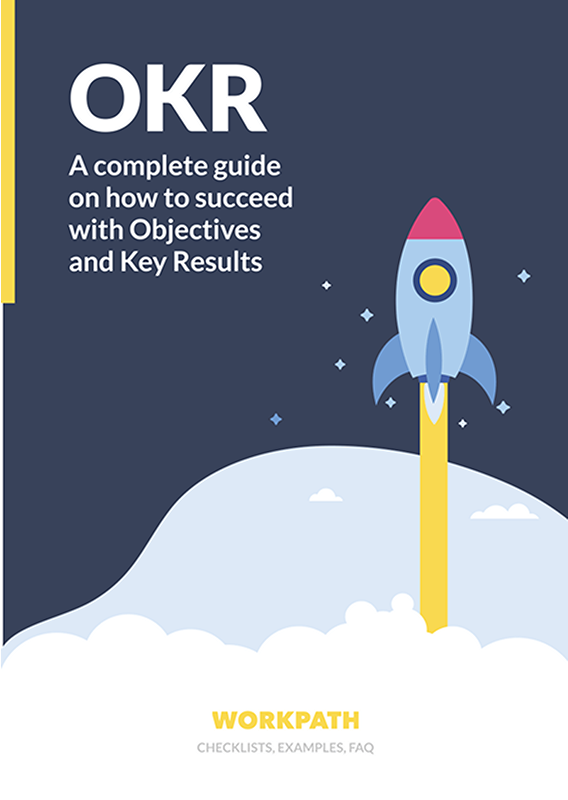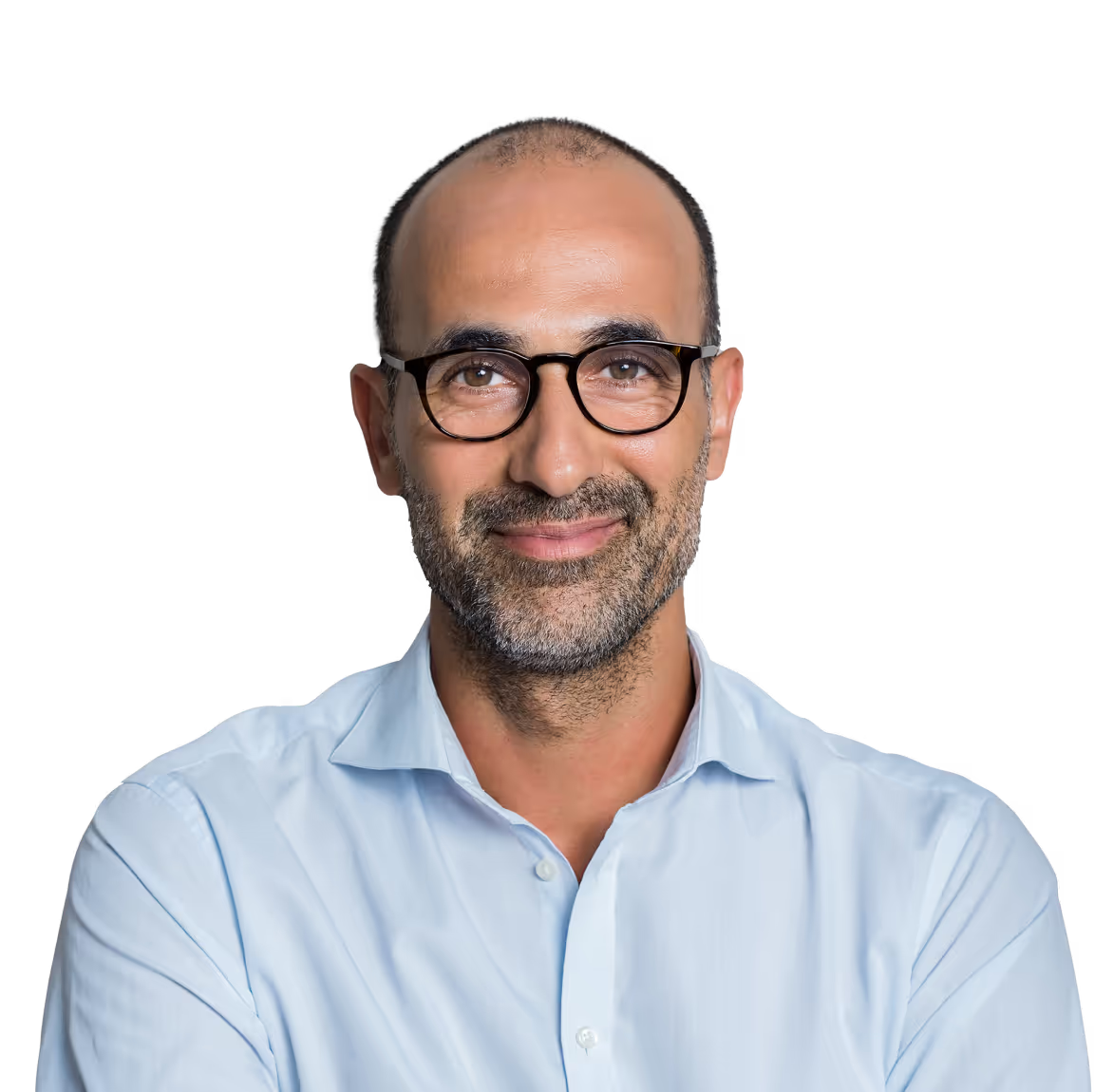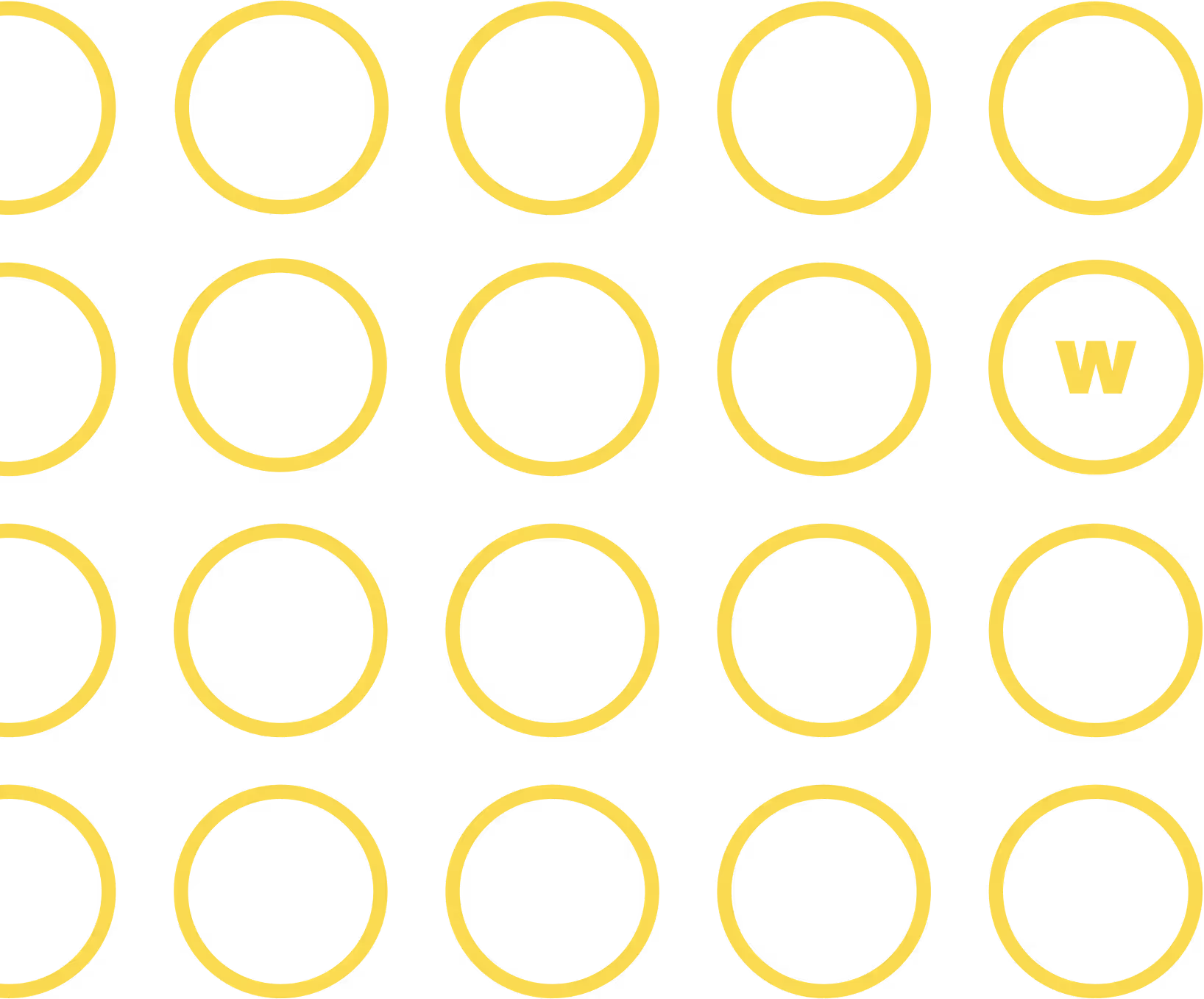Keeping up with rapidly-changing markets is crucial for businesses, especially for start-ups: Mindventure, a mental health start-up from Thailand, is setting its business up for success with help of outcomes — and we are here to accompany it on its journey. In part one of this two-part series, you'll learn more about Mindventure's mission and introduction to OKRs.
We live in a world of constant change, on a business level but also on a societal one. In a way, these changes seem to mirror each other: On the one hand, businesses demand an increase in flexibility and adaptability to face a perpetually-changing business environment and an increasing war for talents. Employees are looking for fulfilling work more and more – while setting a stronger focus on a good work-life balance. On the other hand, the issue of millions of people struggling with mental health is overall continuing to gain attention in our society.
Mental health start-ups on the rise: Meet Mindventure
The importance placed on mental wellbeing is on the rise overall. Nowadays, start-ups
are addressing this and working to lift the stigma around mental health issues. This is also a core mission of Mindventure, a Thailand-based learning community looking to spread awareness around mental health topics and help people develop essential life skills with its programs. The company works with foundations, schools and corporations to improve the mental health of students and employees.
With its business, Mindventure is facing this societal challenge. But to succeed in its mission, it also wants to make sure it is using the right methods to execute its strategy in an ever-changing business environment. In this series, we accompany Mindventure on its journey to set itself up for success by becoming more outcome centric.
Part One: The Mindventure mission (and challenge)
For the co-founders of Mindventure, Chanakarn Kachonseree and Kantaporn Kachonseree, their overarching outcome is quite clear and simple: Help people to be happier in life. In an interview with Workpath, they explained their solution to achieving this outcome, which includes organizing learning programs and workshops to help people cope with their mental health issues. To accomplish this, they need to spread awareness on the issue itself. They have found many people are not aware of or do not have access to the necessary information.

Looking at the topic from a business perspective, growth is one important aspect at this stage for Mindventure: “To make more impact, to improve [people’s] mental health skills and to spread more awareness, we also need more clients.” In the past, the company has worked with numerous non-profit organizations, “but they were not very sustainable in terms of business.” Accordingly, its sales are now increasingly focused on businesses and schools, where it can also reach people in earlier stages of life.
Creating awareness is a two-sided challenge
The biggest challenge for Mindventure is currently communication. On the one hand, it is forced to face the ever-lasting stigma around mental health issues and the perception that counselors or therapists are only for “sick” people. Som and Nam are trying to show that struggling with one’s mental health is a common issue; that ignoring this could lead to serious mental disorders in the long-term.
“We want people to think of us when they need our service.”
On the other hand, the company needs to spread awareness of both the issue as well as the youth and organization-focused solutions it offers through its programs. After all, with a consistent flow of clients, Mindventure sees there is a need for its solution.
With that in mind, Mindventure is approaching its challenges by focusing on the two areas it currently sees the biggest potential:
Growth potential #1 – Creating success through success stories
Mindventure has quite a number of success stories to present. Communicating and distributing these more strongly on its marketing channels will help to inspire other people and pay into the overall awareness of the issue and the business itself.
Growth potential #2 – “Train the trainer”
Further, Mindventure sees a lot of potential in growing its business from the inside by providing others with basic skills to become a “first point of contact,” for example, if someone is struggling with mental health issues but is not yet ready to reach out to professionals. This is also meant to address the lack of specialized counselors. By providing coaches with basic skills, they can make sure to focus on people with milder issues before they get worse.
Finding the path (and support) to become a successful business
Even the best of us need a little help and inspiration sometimes. So, to drive its growth and achieve its outcomes, the company recently joined the Young Founders Programme from the Westerwelle Foundation. Together with 24 other founders from Asia, Africa and Latin America, Som participated in a 6-month program on expansion, scaling, investment-readiness and leadership. All program start-ups have the opportunity to learn from expert mentors and workshops, as well as peer learning sessions.
The two co-founders of Mindventure are happy to be part of the program: “We got a lot of inspiration from experts, from friends and mentors. […] Being in that community helps us to keep going and stay inspired about what we do each day.”
Meet the method: Welcome to the world of OKRs (and outcomes)
As part of the Westerwelle Foundation program, Mindventure was able to dive deeper into Outcome Management leveraging the OKR framework. It participated in an OKR workshop held by Workpath. It had already discovered the goal-setting framework on a theoretical basis before, but it was a challenge for the company to implement it practically.
Time for radical focus
Companies that are outcome centric focus on continuously creating value for their customers. Sometimes focusing on the few crucial goals to create this value can be challenging, but it’s absolutely essential. After all, “If everything has priority, nothing has priority.” Keeping focus is an issue Mindventure wants to tackle with help from OKRs, since having determined that its previous approach was too diverse to concentrate on the most important topics.
In the first OKR workshop, the company was able to gain valuable, practical insights on how to implement the framework into its business—starting with the basics. Setting the right amount of OKRs in the right way is crucial to stay focused. The drafting exercises included in the workshop gave the founders of Mindventure a better understanding and more focus, capacity and motivation to bring these learnings into practice for the second quarter of 2022.
Continuing along the path: Following the outcomes
To bring its OKR game to the next level, Workpath and Westerwelle Foundation offered the mental health start-up an additional, individual workshop—to go even deeper into its specific use case. For Som and Nam, this will especially help them with one particular thing: understanding their blindspot better. Getting a third perspective and feedback on its work with OKRs so far will help Mindventure solve some of its current challenges.
Afterwards, they will see the advantages the OKR framework is going to have on their business; a guide along the path to becoming more outcome-focused and, as a result, ready to take on ever-changing markets.





.webp)
.webp)

